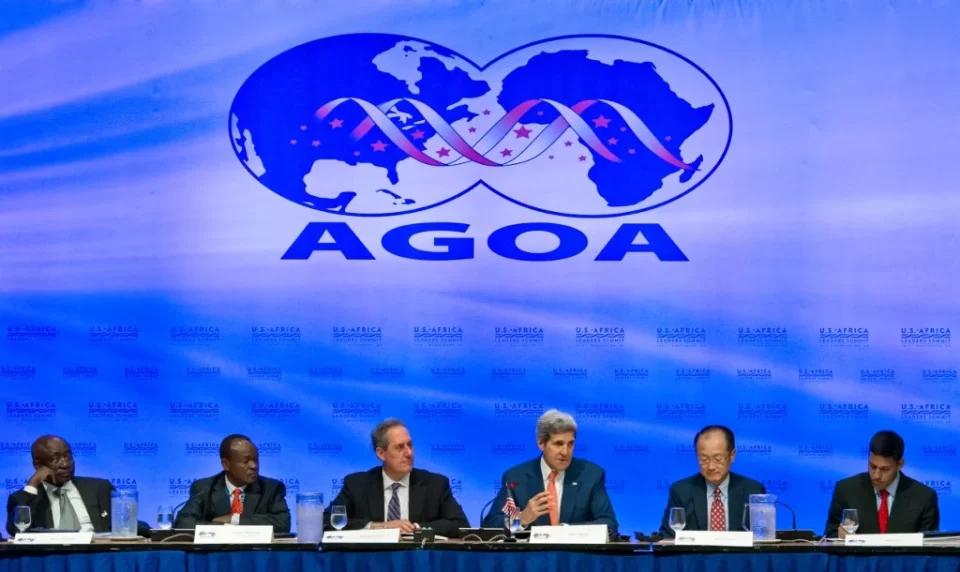When it was originally crafted, the declared purpose of the US African Growth and Opportunity Act (AGOA) was to “assist the economies of sub-Saharan Africa and to improve economic relations between the United States and the region.”
However, there appears to have been a significant reframing of that purpose in the aftermath of the Russian arms trafficking allegations leveled against the South African government by the US ambassador to that country, Reuben Brigety.
That episode revealed that the greatest value of AGOA is that it provides a relatively effective mechanism for coercing African governments to align with US national-security and foreign-policy interests, especially when it comes to major-power competition with China and Russia.
At least, that seems to have been the key takeaway for some influential members of Congress.
This social reconstruction of AGOA makes sense when one considers contemporary international political realities.
The ‘China threat’
This year, the US director of national intelligence, Avril Haines, gave testimony on global threats to the Senate Intelligence Committee. In that testimony, she declared that the Communist Party of China not only “represents both the leading and most consequential threat to US national security and leadership globally.”
She added that “its intelligence-specific ambitions and capabilities make it for us our most serious and consequential intelligence rival.”
When presented with such an unequivocal assessment, it is not surprising that members of Congress place tremendous value on foreign-policy interventions that help the US government counter the malign influence of China and its strategic partners on the African continent.
The article also appeared on Asia Times

